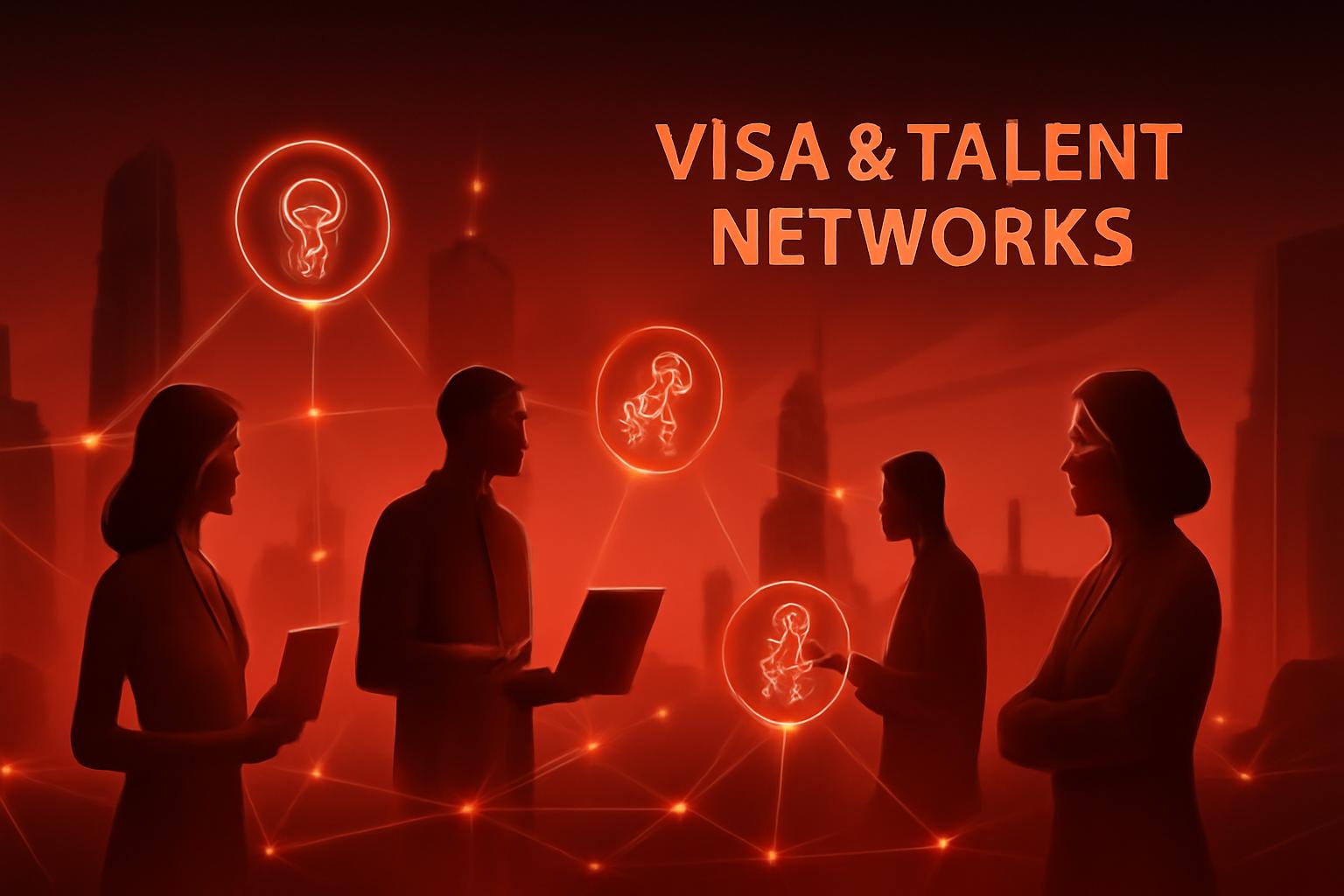H-1B Visa Changes and Their Impact on Startups
Recent modifications to the H-1B visa wage system have significant implications for startups and the broader technology sector in the United States. These adjustments aim to recalibrate how visa applicants are categorized based on wages but inadvertently expose a loophole that threatens the ability of startups to attract top-tier global talent.The $100,000 Fee Loophole Affecting 80% of Applicants
A critical loophole allows approximately 80% of H-1B applicants to bypass the newly introduced $100,000 fee. This exemption primarily benefits employers who pay wages below certain thresholds, undermining the policy’s intent to prioritize higher-wage, highly skilled workers.“This loophole effectively lets many startups avoid paying the fee, which could distort the visa allocation process and disadvantage companies offering competitive salaries,” explained Jeremy Neufeld, Director of Immigration Policy at the Institute for Progress.
Contents
Wage System Discrepancies: Acupuncturists vs. AI PhDs
The restructured wage system introduces an unintended consequence where certain professions with lower wage scales, such as acupuncturists, may receive more visa slots than highly compensated tech professionals, including AI PhD graduates earning upwards of $200,000 annually.“The system’s current design risks prioritizing lower-wage roles over the innovation-driving talent that startups desperately need,” noted Dominic-Madori Davis, host of TechCrunch’s Equity podcast.
Universities and National Labs: Facing Uncertain Compliance
Academic institutions and national laboratories find themselves in a state of uncertainty. While aware of the new wage requirements and fees, they lack clear guidance on implementation, complicating their ability to sponsor foreign talent.Discussion on TechCrunch’s Equity Podcast
The recent episode of TechCrunch’s Equity podcast featured an in-depth conversation with Jeremy Neufeld, shedding light on these complex immigration policy changes. The podcast is a valuable resource for stakeholders seeking to understand the evolving landscape of tech talent acquisition.- Explores the impact of visa policy changes on startups and founders.
- Breaks down the wage-based classification system and its pitfalls.
- Analyzes the broader implications for U.S. innovation and competitiveness.
FinOracleAI — Market View
The recent H-1B visa reforms introduce both challenges and opportunities within the U.S. tech ecosystem. While intended to prioritize higher-wage talent, the current loopholes and wage categorizations may inadvertently hinder startups’ ability to compete globally for skilled workers.- Opportunities: Potential for policy refinement to better align visa allocation with innovation-driven roles.
- Risks: Startups may face talent shortages if loopholes persist or worsen.
- Uncertainties: Academic and research institutions require clearer guidelines to manage compliance effectively.
- Market dynamics: Possible shift in talent flows towards sectors less affected by wage thresholds.













